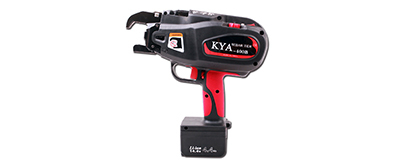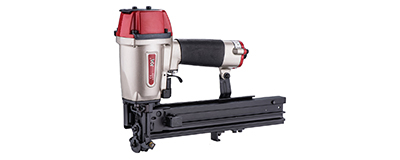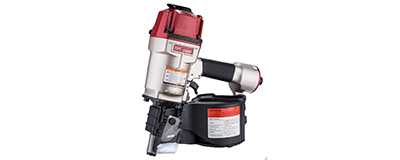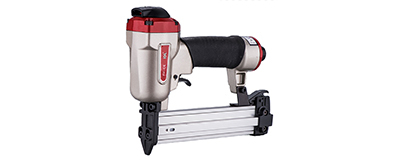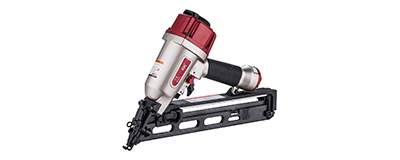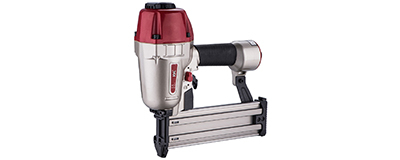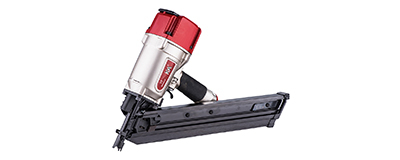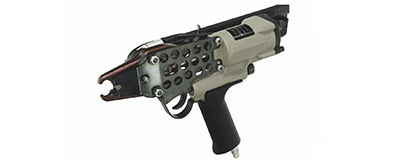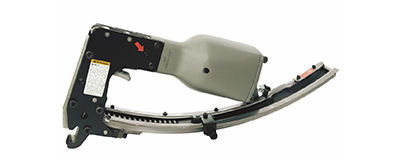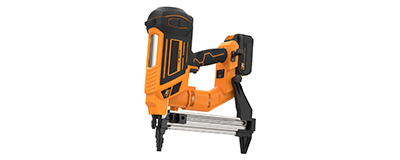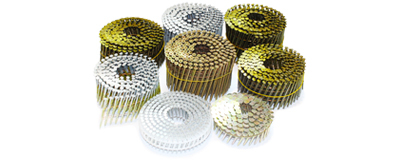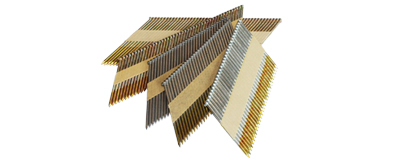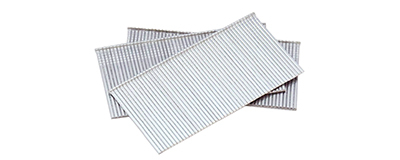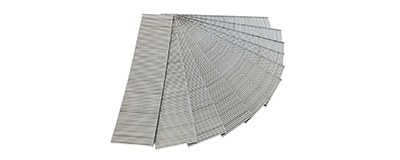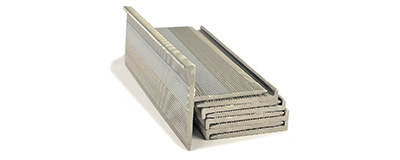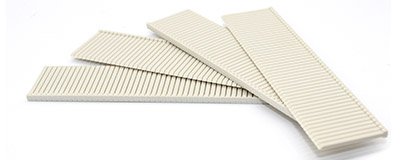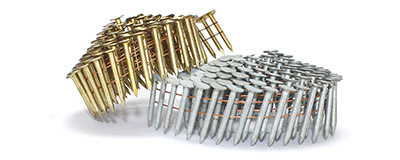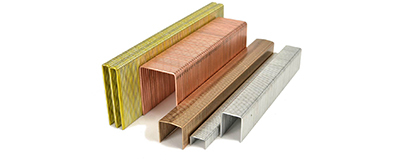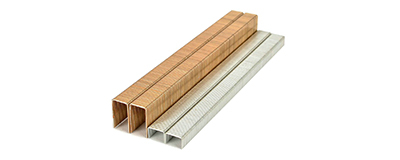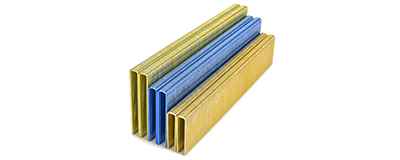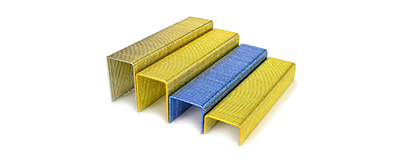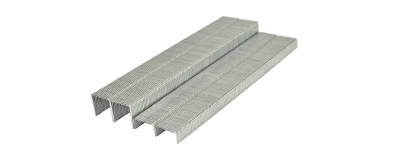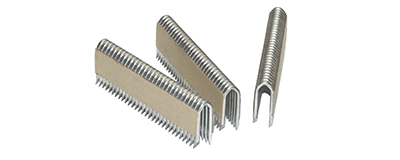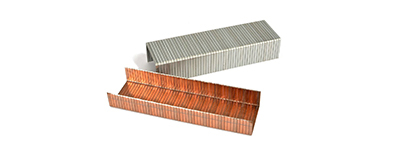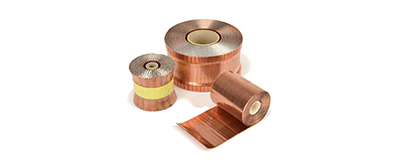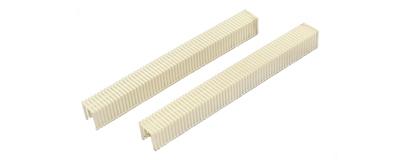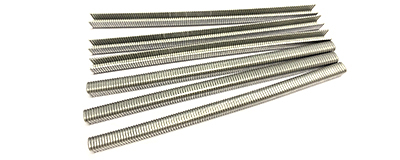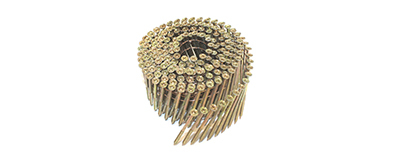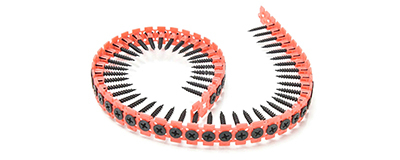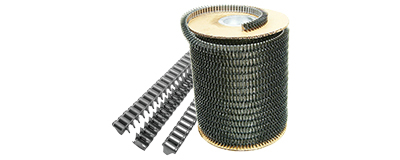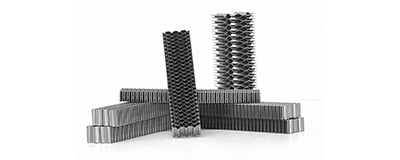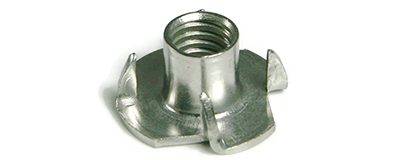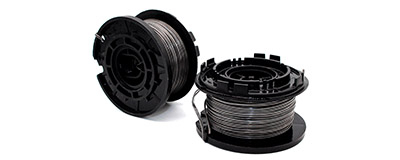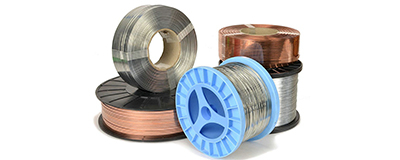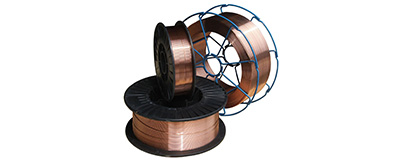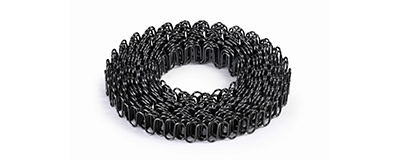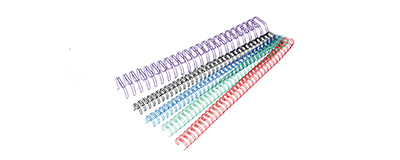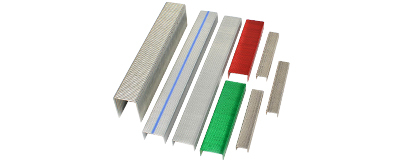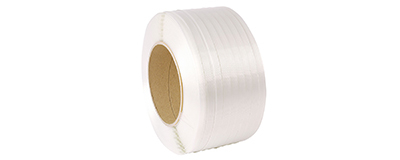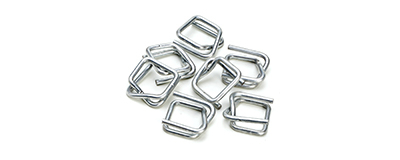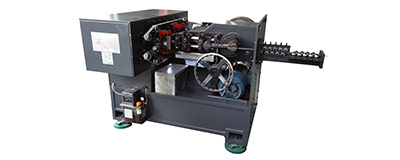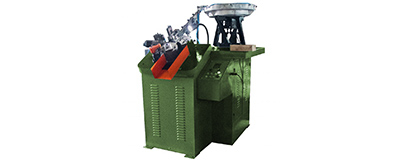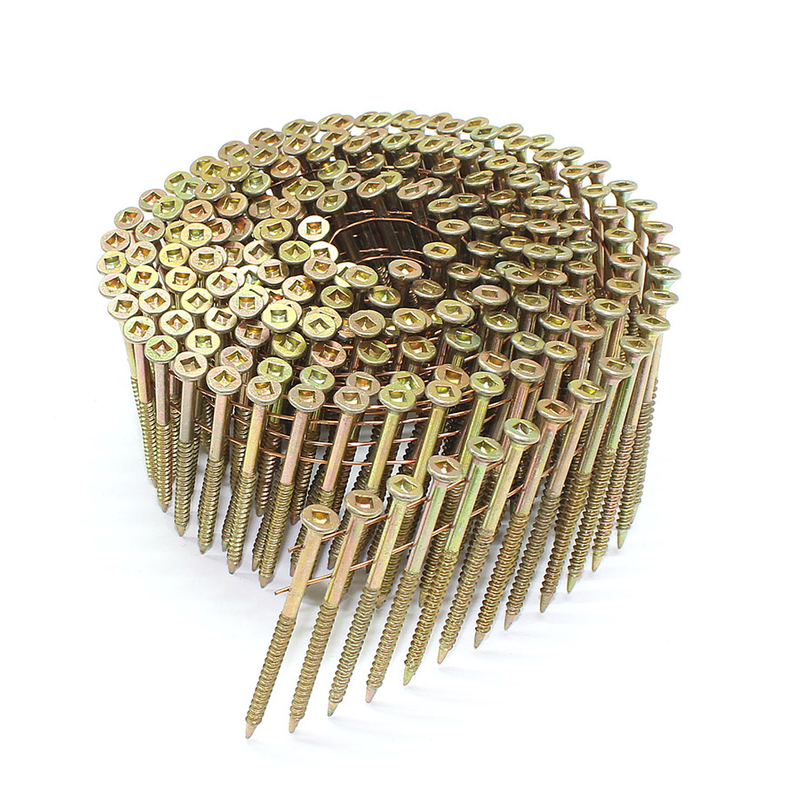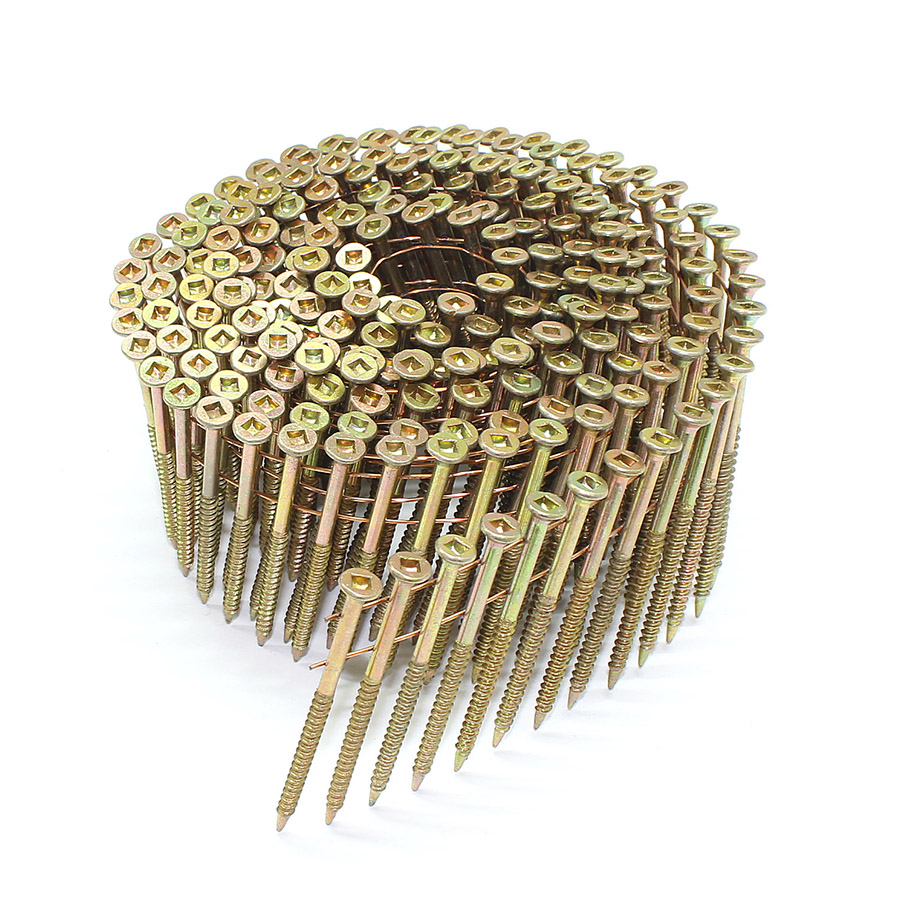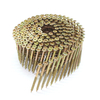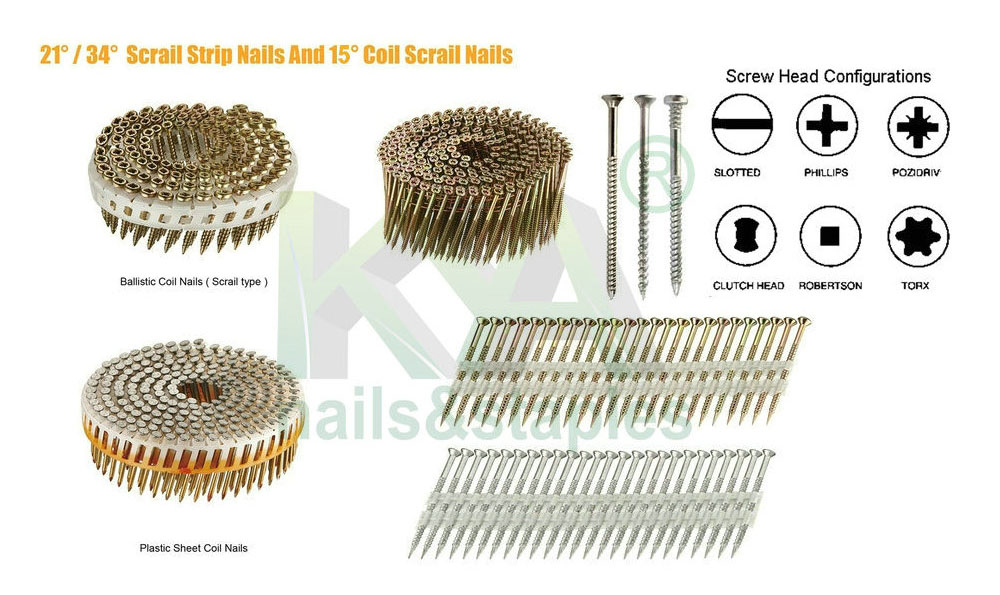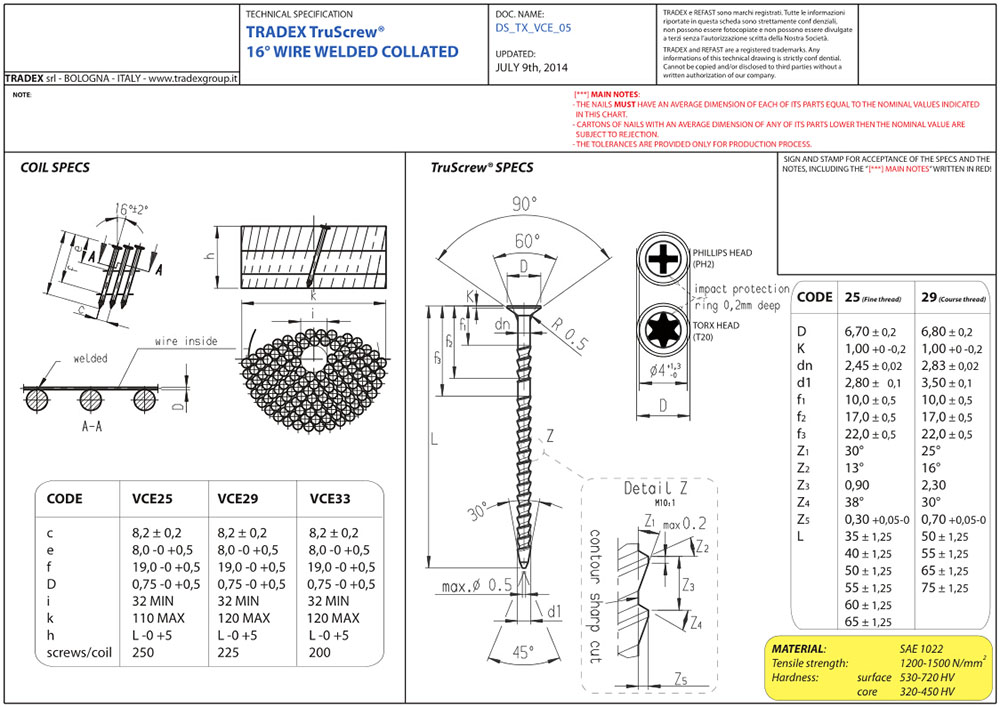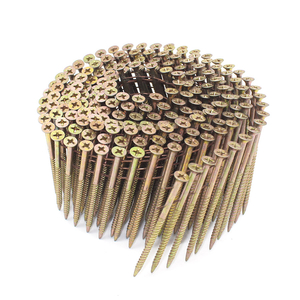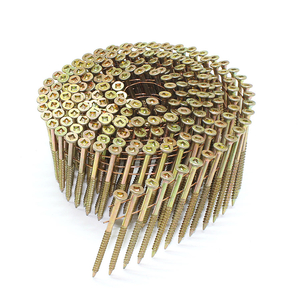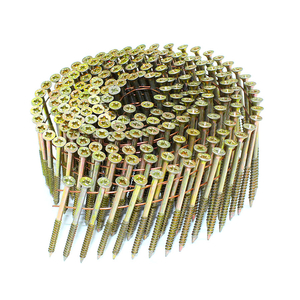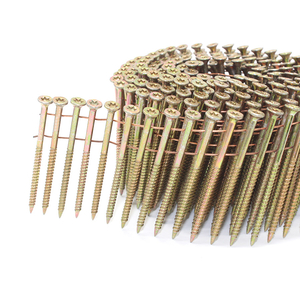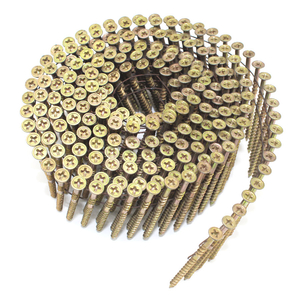2" × .113" (50×2.87mm) 15° Square Head Wire Collated Nail-Screws
![2× Faster 2×.113 15° Square Head Nail-Screws - KYA Fasteners]()
KYA Fasteners, a 20+ year factory, produces 15° wire collated nail-screws with square drive for subfloor, sheathing, decking, fencing. 2" × .113" (50×2.87mm), 250 pcs/coil, 2× faster than collated screws. Fits Bostitch, Hitachi, Senco, Max. Exported to USA, Canada, UK, Australia and 50+ countries.
![Fine/Coarse Thread Square Head & Thread Detail]()
Why Choose KYA 2" Square Head Nail-Screws?
Square drive — zero cam-out
2× faster — vs collated screws
250 pcs/coil — less reload
Fine or coarse thread — any wood
Global shipping: USA, EU, AU, CA in 15–25 days
Request a Quote
Product Specifications
Nail-Screw Size Chart
| Diameter | Length | Angle | Pcs/Coil |
| .099" (2.5 mm) | 1⅜"–3" (35–75 mm) | 15° | 300 |
| .113" (2.87 mm) | 2"–3½" (50–90 mm) | 15° | 250 |
| .120" (3.05 mm) | 2¼"–4" (55–100 mm) | 15° | 225 |
| .131" (3.33 mm) | 2½"–4" (65–100 mm) | 15° | 225 |
![Less Reload 15° Wire Coil – 250 pcs]()
![Fast & Strong Nail-Screws in Subfloor & Sheathing]() Request a Quote
Request a Quote Key Features
Why Nail-Screws Beat Collated Screws
Square drive — zero cam-out
2× faster installation
Uses any coil nailer — : no new tools
Fine or coarse thread — any wood
250–300 pcs/coil — less downtime
Applications
Where Are Nail-Screws Used?
Subfloor & sheathing — OSB, plywood
Decking — joists & boards
Fencing — rails & pickets
Fiber cement board — siding
Cabinet frames — furniture
Explore All Nail-Screws Thread Options
Available Thread Types
Fine thread — hardwoods, no split
Coarse thread — softwood, fast drive
Ring shank — max withdrawal
Screw shank — ultimate hold
Finish Options
Available Finishes
Bright — interior
Electro-Galvanized — light indoor
Hot Dip Galvanized — exterior, treated lumber
Mechanical Galvanized — heavy duty
Frequently Asked Questions
Nail-Screw FAQ
Why square drive?
Zero cam-out — fastest, safest drive.
Faster than screws?
2× faster — uses coil nailer, no pre-drill.
Coils per carton?
30–40 coils (depends on size).
MOQ?
1 pallet — custom head/thread available.
Ask a Question About KYA Fasteners
KYA Fasteners – Nail-Screw Factory
Since 2003, KYA Fasteners has produced 15° wire collated nail-screws for subfloor & decking contractors in USA, Canada, UK, Australia and 50+ countries. Square drive + 250/coil = fastest installs.
Export: 50+ countries
MOQ: 1 pallet
OEM: Custom head/thread
Lead time: 15–25 days
Need 2" square head nail-screws? Get a quote from KYA today.
Contact Us English
العربية
Français
Русский
Español
Português
Deutsch
italiano
日本語
한국어
Nederlands
Tiếng Việt
ไทย
Polski
Türkçe
ພາສາລາວ
ភាសាខ្មែរ
Bahasa Melayu
ဗမာစာ
தமிழ்
Filipino
Bahasa Indonesia
magyar
Română
Čeština
Монгол
қазақ
हिन्दी
فارسی
Slovenčina
Slovenščina
Norsk
Svenska
українська
Ελληνικά
Suomi
Հայերեն
Latine
Dansk
Shqip
বাংলা
Hrvatski
Afrikaans
Gaeilge
Eesti keel
Oʻzbekcha
latviešu
Aymara
Беларуская мова
guarani
Chichewa

